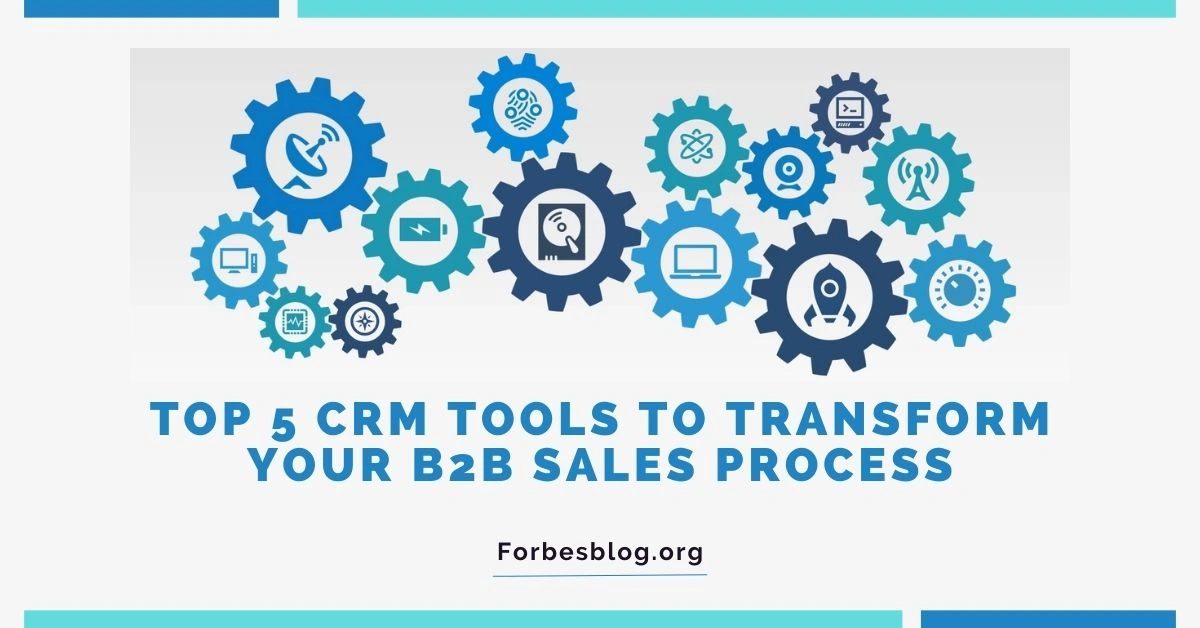In today’s highly competitive B2B landscape, leveraging the right Customer Relationship Management (CRM) tools is crucial for optimizing sales processes and fostering long-term client relationships. Whether you’re looking to streamline workflows, improve communication, or gain actionable insights, the right CRM can be a game-changer for your business. Here’s a look at the top five CRM tools that can revolutionize your B2B sales process.
Table of Contents
What is a CRM Tool?
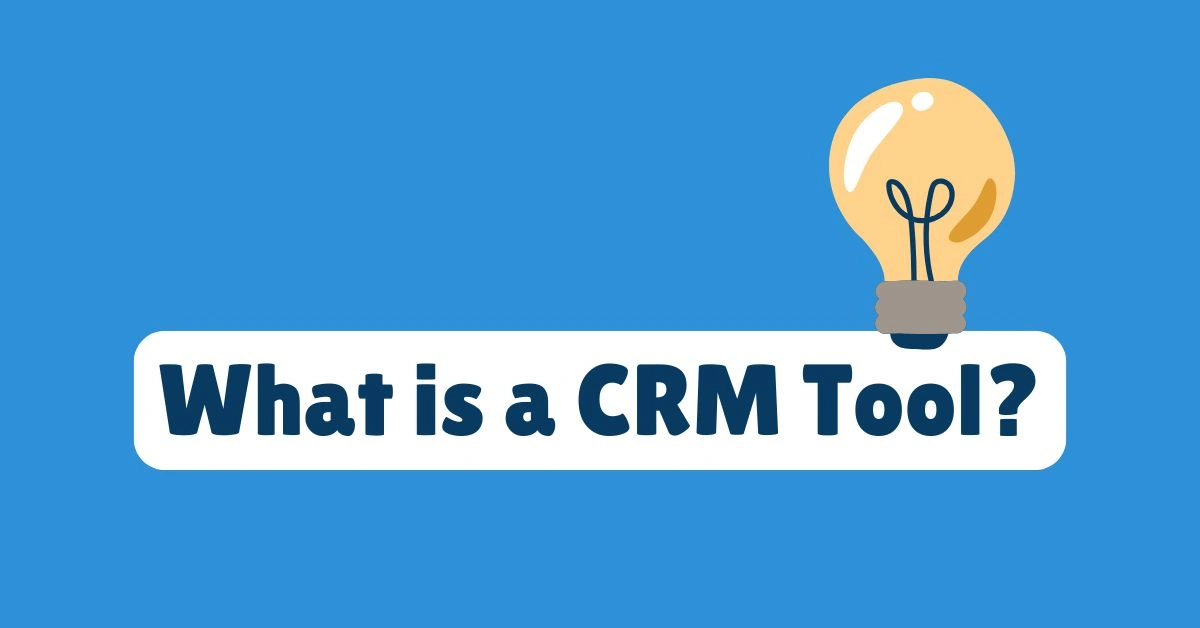
A CRM tool is software designed to help businesses manage interactions with current and potential customers. From tracking leads to monitoring sales performance, CRM tools centralize customer data, enabling teams to work more efficiently and improve customer satisfaction. The top CRM tools available today can significantly enhance your B2B sales process.
Why Do B2B Businesses Need CRM Tools?
- Enhanced Customer Insights: Gain a 360-degree view of your customers.
- Streamlined Communication: Foster better collaboration across sales, marketing, and support teams.
- Automated Workflows: Save time by automating repetitive tasks.
- Data-Driven Decisions: Access actionable analytics to refine strategies.
Now that we understand the importance of CRM tools, let’s dive into the top CRM tools for B2B sales.
1. Salesforce
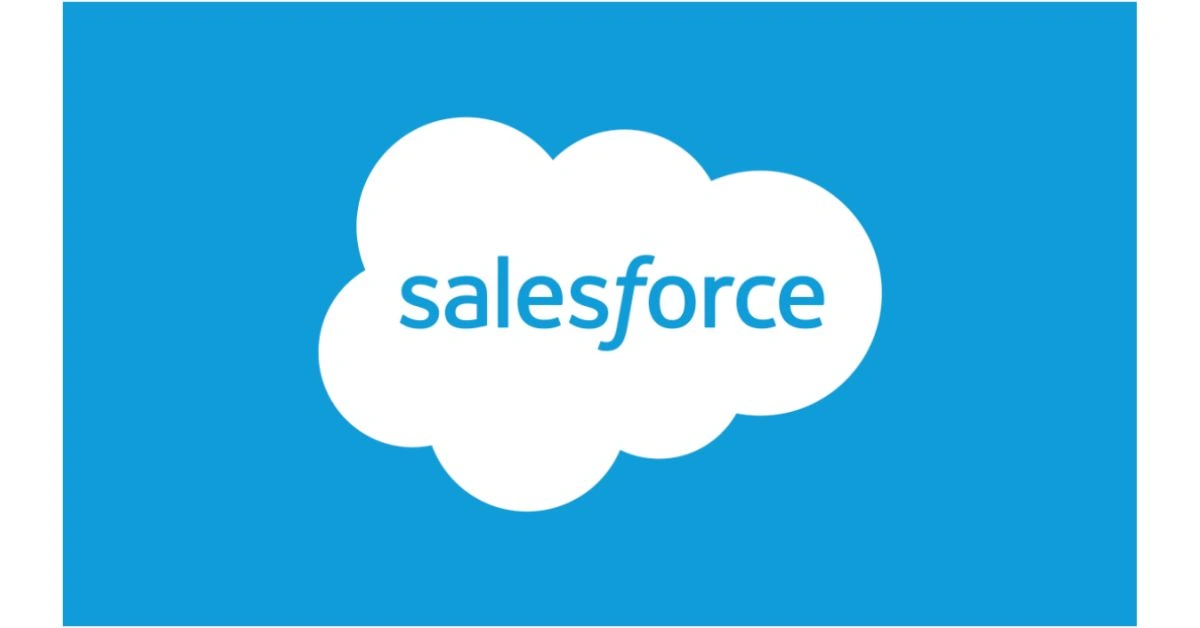
Why Choose Salesforce?
Salesforce is often regarded as the gold standard in CRM software. Its extensive suite of tools is designed to cater to businesses of all sizes, making it a popular choice among B2B organizations.
Key Features:
- Customizable Dashboards: Tailor dashboards to track key metrics.
- AI-Powered Insights: Leverage Einstein AI to predict customer behavior.
- App Integration: Seamlessly integrates with third-party tools like Slack and LinkedIn.
Benefits for B2B Sales:
- Provides deep insights into customer behavior.
- Offers robust reporting features.
- Facilitates personalized communication.
Pricing: Starts at $25 per user/month.
Pro Tip: Use Salesforce’s automation features to optimize lead nurturing and follow-ups. It is undoubtedly one of the top CRM tools in the market.
2. HubSpot CRM
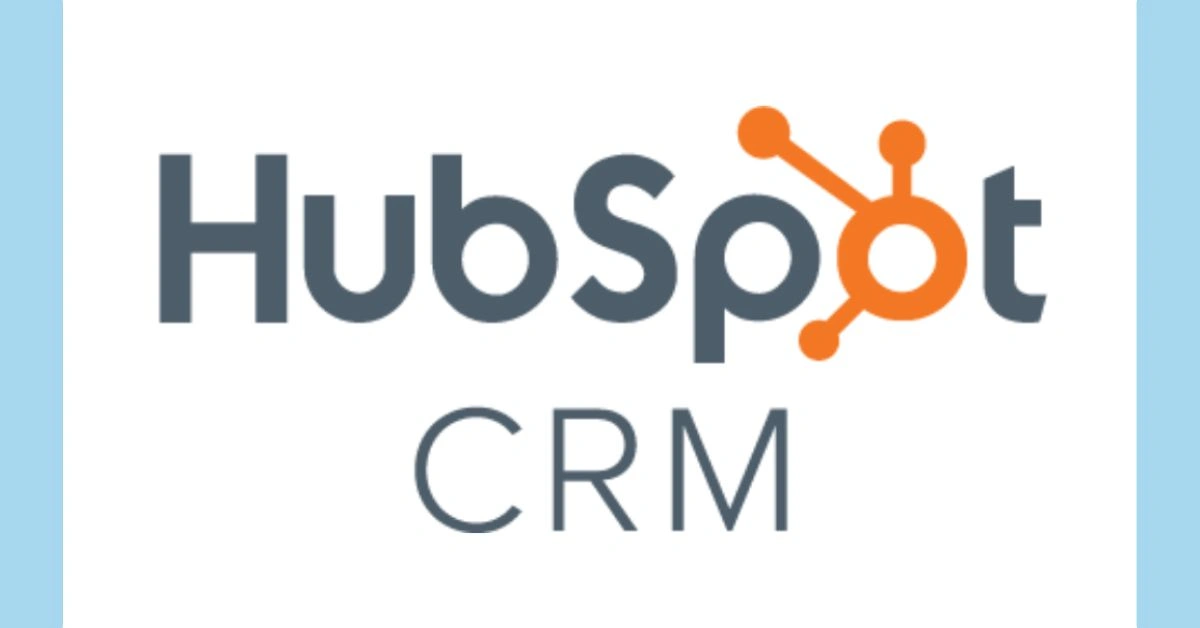
Why Choose HubSpot CRM?
Known for its user-friendly interface, HubSpot CRM is a great option for businesses new to CRM software. Its free plan is particularly appealing for startups and small businesses.
Key Features:
- Email Tracking: Monitor when leads open your emails.
- Pipeline Management: Visualize sales processes with ease.
- Marketing Integration: Sync seamlessly with HubSpot’s marketing tools.
Benefits for B2B Sales:
- Free plan with robust features.
- Encourages collaboration between sales and marketing teams.
- Easy-to-use interface minimizes the learning curve.
Pricing: Free plan available; premium plans start at $50 per month.
Pro Tip: Leverage the free plan to experiment with CRM features before upgrading. This makes HubSpot CRM one of the top CRM tools for small businesses.
3. Zoho CRM
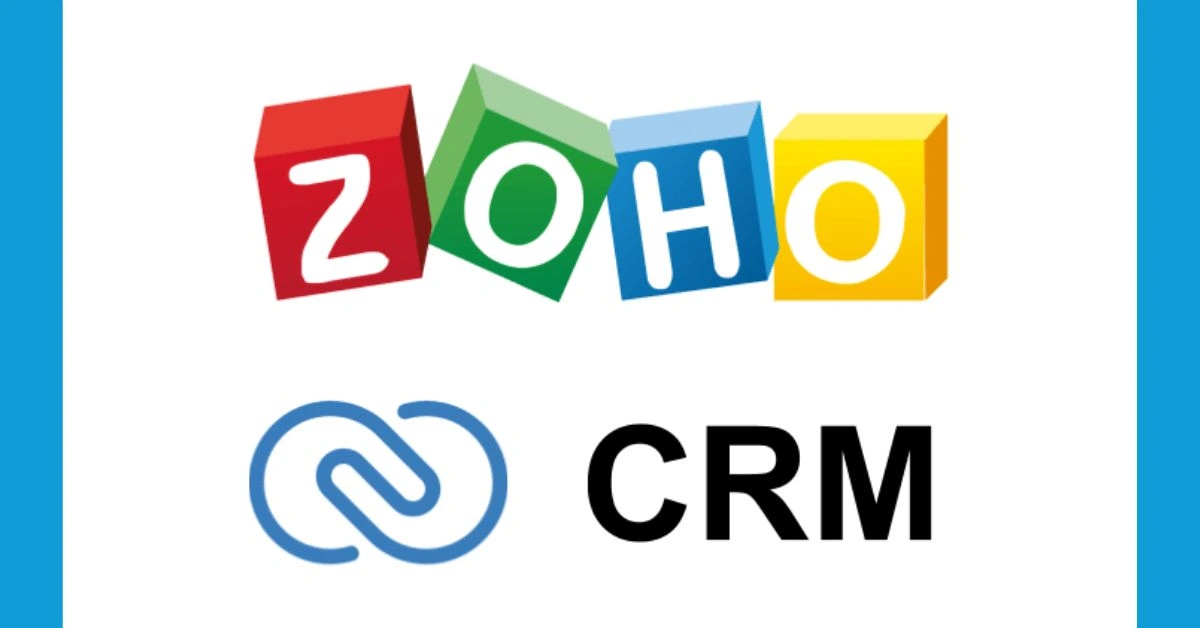
Why Choose Zoho CRM?
Zoho CRM is an all-in-one solution designed for businesses that need a cost-effective yet powerful tool to manage their sales processes.
Key Features:
- AI Assistant (Zia): Get sales predictions and recommendations.
- Customizable Modules: Tailor the software to suit your needs.
- Omnichannel Communication: Engage leads via email, phone, chat, and social media.
Benefits for B2B Sales:
- Affordable pricing plans.
- Advanced AI capabilities for smarter selling.
- Supports multi-channel communication.
Pricing: Starts at $14 per user/month.
Pro Tip: Use Zoho’s AI-driven insights to identify high-potential leads and close deals faster. It’s undeniably one of the top CRM tools for businesses on a budget.
4. Pipedrive
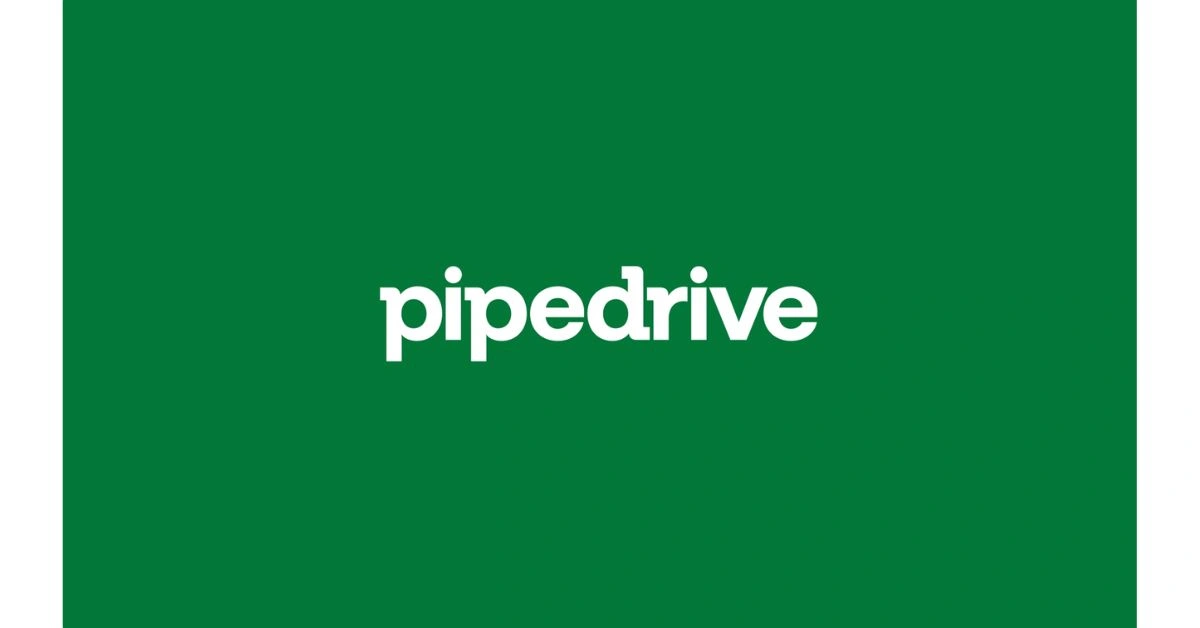
Why Choose Pipedrive?
Pipedrive focuses on simplicity and usability, making it an excellent choice for sales teams that want a straightforward CRM tool.
Key Features:
- Visual Sales Pipelines: Easily track the status of deals.
- Automation: Automate repetitive tasks like follow-ups.
- Goal Tracking: Set and monitor sales goals.
Benefits for B2B Sales:
- Intuitive design reduces setup time.
- Helps sales reps stay focused on high-priority deals.
- Excellent mobile app for on-the-go access.
Pricing: Starts at $14.90 per user/month.
Pro Tip: Use Pipedrive’s visual pipeline feature to keep your sales team aligned and motivated. It’s one of the top CRM tools for usability.
5. Microsoft Dynamics 365
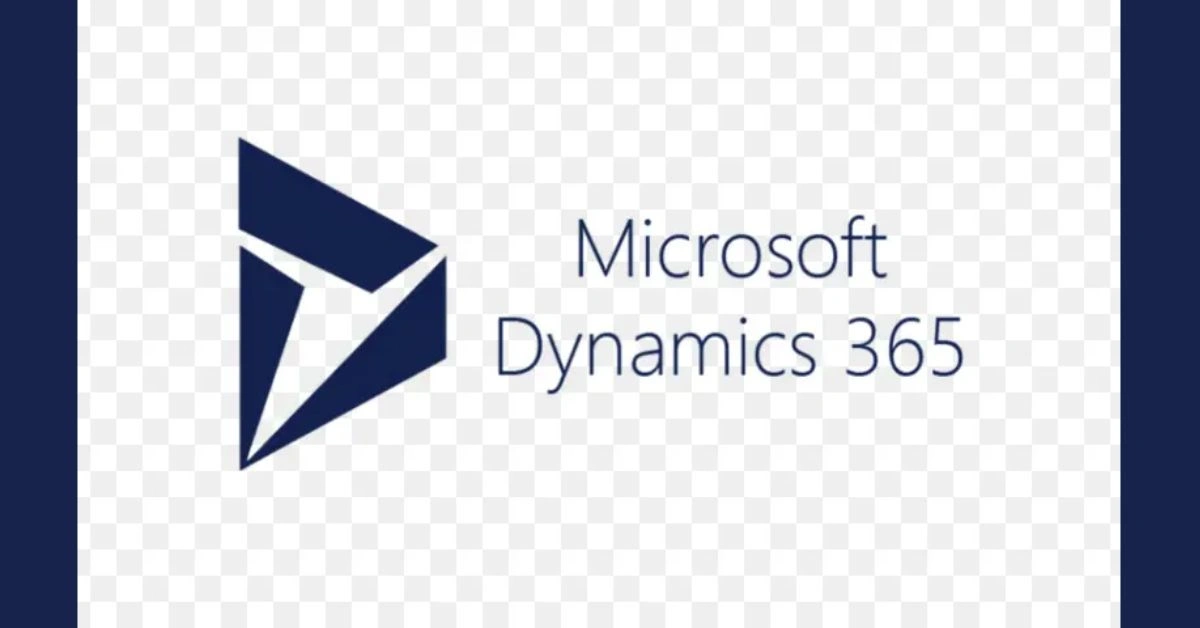
Why Choose Microsoft Dynamics 365?
This robust CRM is ideal for businesses already using other Microsoft tools. It offers advanced capabilities for larger enterprises with complex sales processes.
Key Features:
- AI-Driven Insights: Use AI to uncover customer trends and opportunities.
- Seamless Microsoft Integration: Works perfectly with Office 365, Teams, and Azure.
- Advanced Analytics: Get in-depth reports with Power BI integration.
Benefits for B2B Sales:
- Ideal for scaling businesses.
- Excellent for enterprises with complex needs.
- Advanced automation features.
Pricing: Starts at $65 per user/month.
Pro Tip: Leverage Power BI integration to generate custom reports for better decision-making. This makes it one of the top CRM tools for enterprises.
How to Choose the Right CRM Tool for Your Business
When selecting a CRM tool, consider the following:
- Budget: Ensure the pricing aligns with your financial resources.
- Ease of Use: Look for an intuitive interface.
- Scalability: Choose a tool that can grow with your business.
- Integration: Ensure it integrates with your existing tools.
FAQs
1. What is the best CRM for small B2B businesses?
HubSpot CRM is a great option for small businesses due to its free plan and user-friendly features.
2. Can CRM tools help improve sales performance?
Yes, CRM tools streamline workflows, provide valuable insights, and enhance communication, all of which contribute to better sales performance.
3. Are there any free CRM tools for B2B sales?
Yes, HubSpot CRM offers a free plan with essential features for managing sales processes.
4. Which CRM tool is best for advanced analytics?
Microsoft Dynamics 365 is an excellent choice for businesses looking for advanced analytics, especially with its Power BI integration.
5. Can I integrate CRM tools with other software?
Most CRM tools, including Salesforce and Zoho CRM, offer seamless integration with third-party software like email marketing tools, project management platforms, and more.
Conclusion
By investing in the right CRM tool, you can transform your B2B sales process, enhance customer relationships, and achieve greater business success. Whether you’re a small business exploring CRM for the first time or an enterprise looking to refine your strategy, tools like Salesforce, HubSpot, Zoho CRM, Pipedrive, and Microsoft Dynamics 365 have something to offer. These are some of the top CRM tools that can revolutionize the way you manage your sales and client relationships. Take the time to evaluate your specific needs and choose the CRM that best aligns with your goals.
Explore the Top 5 SaaS Products for Remote Work to streamline your workflow and boost productivity—read the full guide here.
